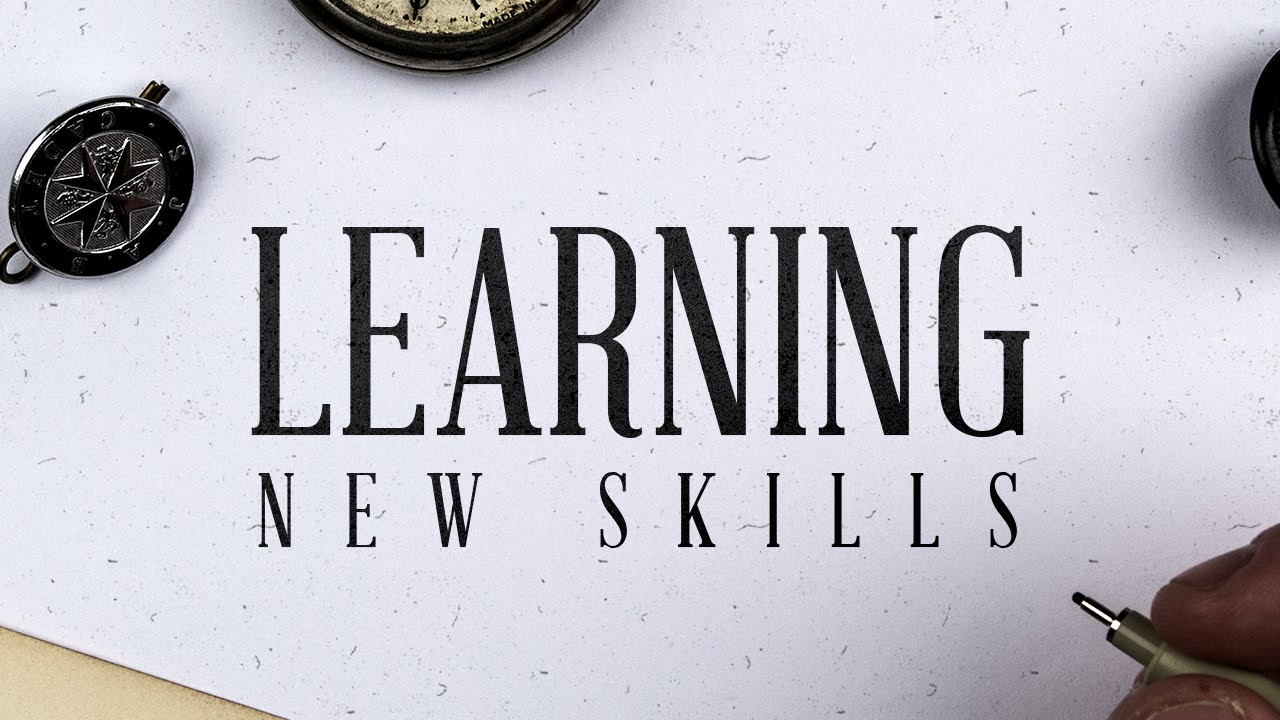Email a copy of 'Letter: Learning New Skills Well' to a friend
5 Comments
- Ad The Good News About Nuclear Destruction.The lethality of all nukes can be reduced by 90% when you know beforehand what to do and not do.
- Ad Civil Defense ManualHow to protect, you, your family, friends and neighborhood in coming times of civil unrest… and so much more, Go to www.civildefensemanual.com for contents.


The CW is not needed for any class of license, but it sure is good to have. I’m an Extra now, started as a Novice in 1965 and rose up over the years to Extra. I highly admire anyone at any level license or not to learn CW as it is the original “digital” mode … and is very useful since hardly any one in general knows it anymore. Kudos for you Hugh …
Digital modes are fun, and easy to use, but this time of year there’s so much more CW going on. Especially on 80 meters. Besides there’s always that “Red Dawn” kind of feel that goes along with it.
I do want to point out one major plus around learning CW. Although computers can decode it, they are nowhere’s near as accurate as the human ear and brain.
Almost all the decoder software requires a clean signal (in other words no one else using CW near your frequency), and a defined words per minute. If you have ever listened to 3.5MHz on a winter night, you’ll know that you almost never see either.
Even two people chatting with each other at slightly different speeds causes problems for software. Add to that your ability to tweak your duration of signal, dots a little longer, dashes a little shorter, and you can really mess with decoding software. Background noise adds to software issues, since its trying to decode everything it can hear.
Of course things can be recorded and rerun with different settings, but it all takes time. When combined with one time pads, this makes communication fast and secure. Unless they are with in ground wave distance it’s near impossible to direction find (DF).
Great letter. I do the same thing. In order to accomplish this we dropped cable TV years ago and schedule time for learning and developing new skills. Last year it was using YouTube to learn to do advanced maintenance and repairs on our family cars (seven cars and we saved a ton of money that far more than paid for increasing our collection of tools). As a result one of my sons has decided to go to school to become a diesel mechanic rather than traditional college classes. This year I’ve chosen to buy comms equipment and get my licenses. We also spend time maintaining other skills. Once again, unless you plan for this, fund it and calendar your time to reserve days for building skills it gets tough. As an example, cutting out cable TV opened up $1500 to spend on tools, we created a maintenance and repair plan for each car and set aside weekend days to get the work done. It’s been wonderful for me personally and for my family and we estimate we’ve saved over $3K in mechanics labor costs in 2017 alone. The tools and practical experience gained serve us well today and in any future scenario where you fix things yourself or it doesn’t get fixed at all.
It’s easy to just buy stuff. Ammo, canned food, a good gun, these are all some of the first things acquired in prepping. Some even move to an area that’s more rural or to a retreat if you can swing he money.
But sitting down after a hard days work and trying to cram root means squared, and ohms law into your brain? Studying manuals instead of just buying them and putting it on a shelf? Actually taking training in emergency medical procedures, mechanics, etc. To me, this is where it all really gets fun (yes, I’m a bit twisted).
One day, my butt will be two old to run up the hill with an m1a. When that day comes, I want to be the guy that’s so valuable that someone else volunteers to runs up hill to protect.